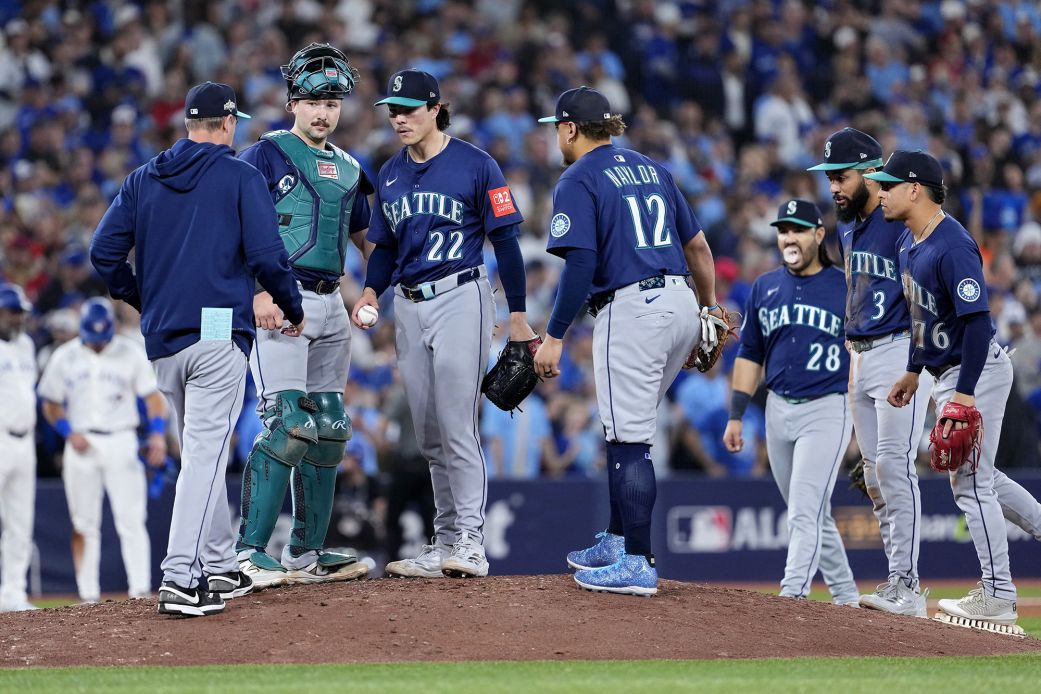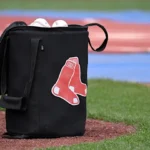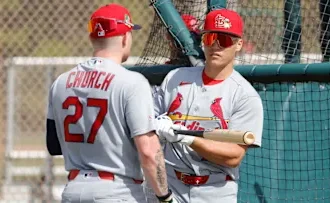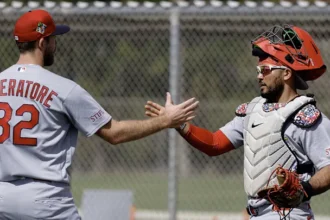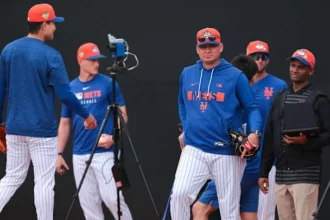As the Major League Baseball offseason officially gets underway, one of the first waves of activity often goes unnoticed by casual fans the movement of minor league players electing free agency. While the headlines tend to focus on star players and blockbuster trades, the decisions made at the minor league level can be just as significant for the long-term health and stability of an organization. Every franchise, regardless of payroll size or market strength, must manage this annual cycle of roster turnover, which can quietly shape the next season’s depth chart and overall resilience.
Even for big-market teams like the Los Angeles Dodgers who are often viewed as having limitless financial resources minor league depth plays a crucial role. No matter how talented or expensive a major league roster is, injuries, slumps, and roster fatigue are inevitable over a 162-game season. When those moments arise, the difference between staying afloat and falling behind in the standings often comes down to which team has quality reinforcements ready in Triple-A or Double-A. Having dependable players in the system, even those who may never become household names, is essential for organizational success. In many ways, minor league free agents are the unsung foundation of baseball operations — vital, but rarely celebrated.

That brings us to the Seattle Mariners, who, like every other team, have seen several of their minor league players elect free agency as the offseason begins. Most of these moves won’t make national headlines, but they’re still worth examining, especially since a few of these players have unique connections to baseball’s evolution. Among the group of departing players is veteran pitcher Michael Fulmer, a name that some Mariners fans may recognize due to his previous stints as a major league starter and reliever. But perhaps the most intriguing name on the list isn’t Fulmer it’s veteran catcher Jacob Nottingham, a player whose career inadvertently influenced a rule change in Major League Baseball.
Nottingham, now 30 years old, spent the 2024 season in the Mariners’ minor league system, appearing primarily at the Triple-A level. In 66 games, he posted a slash line of .193/.277/.298 with seven RBIs. His offensive numbers weren’t particularly eye-catching, but Nottingham has long been known more for his defensive presence and leadership than his bat. Over the course of his career, he’s logged 53 games in the majors all between the Milwaukee Brewers and Seattle Mariners but he hasn’t appeared in a big-league game since 2021.

While Nottingham’s major league career has been modest, his legacy in the game is surprisingly noteworthy. His name became attached to one of the most obscure yet meaningful rule changes in recent MLB history a revision to how waiver claims were handled, an adjustment now colloquially known among fans as “the Jacob Nottingham Rule.”
The origins of this rule date back to 2021, when Nottingham found himself caught in a bizarre transactional loop between the Brewers and Mariners. Over the span of just 22 days, he was claimed off waivers multiple times by both teams, bouncing back and forth as each organization tried to maneuver their rosters. The cycle began when Milwaukee designated him for assignment. Seattle, in need of a backup catcher, claimed him. But not long after, they too placed him on waivers at which point Milwaukee reclaimed him. Then, within days, the Brewers again placed him on waivers, and Seattle scooped him back up. In less than a month, Nottingham had changed uniforms four times and been claimed by the same two teams repeatedly.
The situation highlighted a glaring loophole in MLB’s waiver system. There was no restriction preventing a team from reacquiring a player it had recently lost through waivers. This created a scenario where a player could be trapped in a continuous cycle of claims, never fully settling in with one organization. The constant travel, uncertainty, and instability were unfair to players and inefficient for teams. It was an embarrassing quirk in the system that exposed how transactional rules hadn’t kept pace with modern roster management strategies.
Recognizing the problem, MLB and the MLB Players Association addressed the issue in the 2022 Collective Bargaining Agreement (CBA), introducing a new clause to prevent similar situations. As noted by CBS Sports’ Mike Axisa at the time, the new rule ensures that if a team claims a player off waivers and that player later returns to the wire within the same season, the claiming team is automatically moved to the back of the line in the waiver priority order. This means the team that previously claimed the player must now wait for every other organization to pass on him before getting another chance.

Axisa humorously dubbed the policy the “Jacob Nottingham Rule” though some have also referred to it as the “Joel Payamps Rule,” referencing another player who experienced a similar ordeal that same year. Payamps, a pitcher, was claimed multiple times between the Boston Red Sox and Toronto Blue Jays in 2021, shuttling between the two organizations four times in 28 days. Both cases underscored how frustrating and chaotic the old system could be.
As Axisa wrote, “Last season Nottingham went from the Brewers to the Mariners to the Brewers to the Mariners on waivers in the span of 22 days. Payamps went from the Red Sox to the Blue Jays to the Red Sox to the Blue Jays in the span of 28 days. That must’ve been a whirlwind.”
The new rule, he explained, prevents such “adventures” from happening again. Now, if a player is waived and claimed, then later placed on waivers again, the previous claiming team must wait its turn behind every other team in the league. In Nottingham’s case, that would have meant that after the Brewers placed him on waivers for the second time, Seattle would have been moved to the bottom of the priority list giving every other club an opportunity to claim him before the Mariners could do so again.

It’s a small procedural change, but one with meaningful implications for player stability and fairness. It ensures that no player is repeatedly bounced between the same teams due to roster shuffling, and it encourages teams to think carefully before using waiver claims as temporary roster fixes. Nottingham himself never became a star, but in a sense, his transactional journey forced the league to modernize a rule that had been largely overlooked for years.
For the Mariners, Nottingham’s departure marks the end of a minor chapter in their organizational depth story. His experience and veteran presence in the minors provided valuable mentorship for younger catchers and pitchers, even if his offensive production was limited. Teams often rely on players like Nottingham experienced, steady professionals who can handle the rigors of Triple-A baseball and step into a big-league emergency role when needed. Losing that kind of presence, while not headline-grabbing, does create subtle challenges for the player development staff and front office.
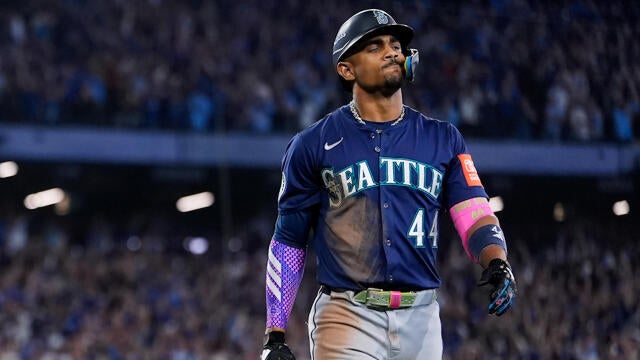
Meanwhile, his free agency represents the broader reality of how teams continually reshuffle their depth each offseason. Every November, hundreds of minor league players hit the open market, many seeking one more chance to reach the majors or extend their careers overseas. For some, it’s a fresh start; for others, it’s the end of the line. Nottingham’s decision to test free agency again is part of that annual churn — the unseen side of baseball where careers are built, revived, or quietly concluded away from the spotlight.
From a broader perspective, Nottingham’s story serves as a reminder that influence in professional sports doesn’t always come from superstardom or record-breaking performances. Sometimes, a player’s most lasting contribution comes from how their experiences shape the rules and systems that govern the game. In Nottingham’s case, he’ll forever be associated with a rule that improved fairness and player treatment across the league even if it came about by accident.
As the Mariners navigate what’s expected to be a busy offseason, they’ll undoubtedly focus on improving their roster at the major league level. But behind the scenes, they’ll also be rebuilding the depth that quietly supports their 26-man roster the Triple-A veterans, career journeymen, and developing prospects who make up the backbone of the organization. Those moves may never make front-page news, yet they’re often the difference between a team that can withstand adversity and one that falters when the season drags on.
So while Jacob Nottingham’s name might not spark immediate recognition among casual fans, his impact on baseball will continue to ripple quietly through the game. He’s a reminder that every player no matter how brief or turbulent their big-league career has a story, and sometimes, those stories reshape the sport in ways no one could have predicted. Now a free agent once again, Nottingham’s next chapter remains to be written, but his place in baseball’s rulebook is already secure.
In a sport defined by its constant evolution, Nottingham’s legacy is a testament to how even the most unheralded players can leave their mark not just on a team, but on Major League Baseball itself.
